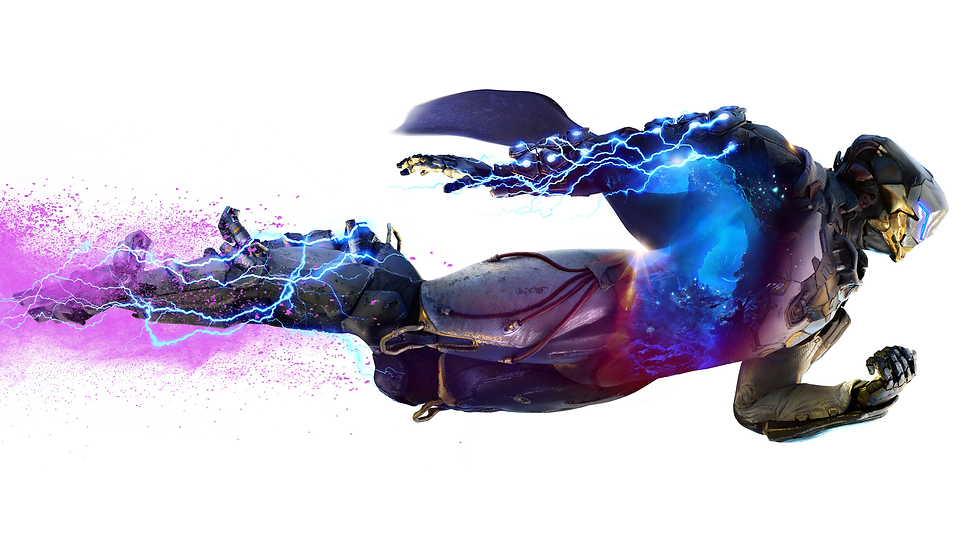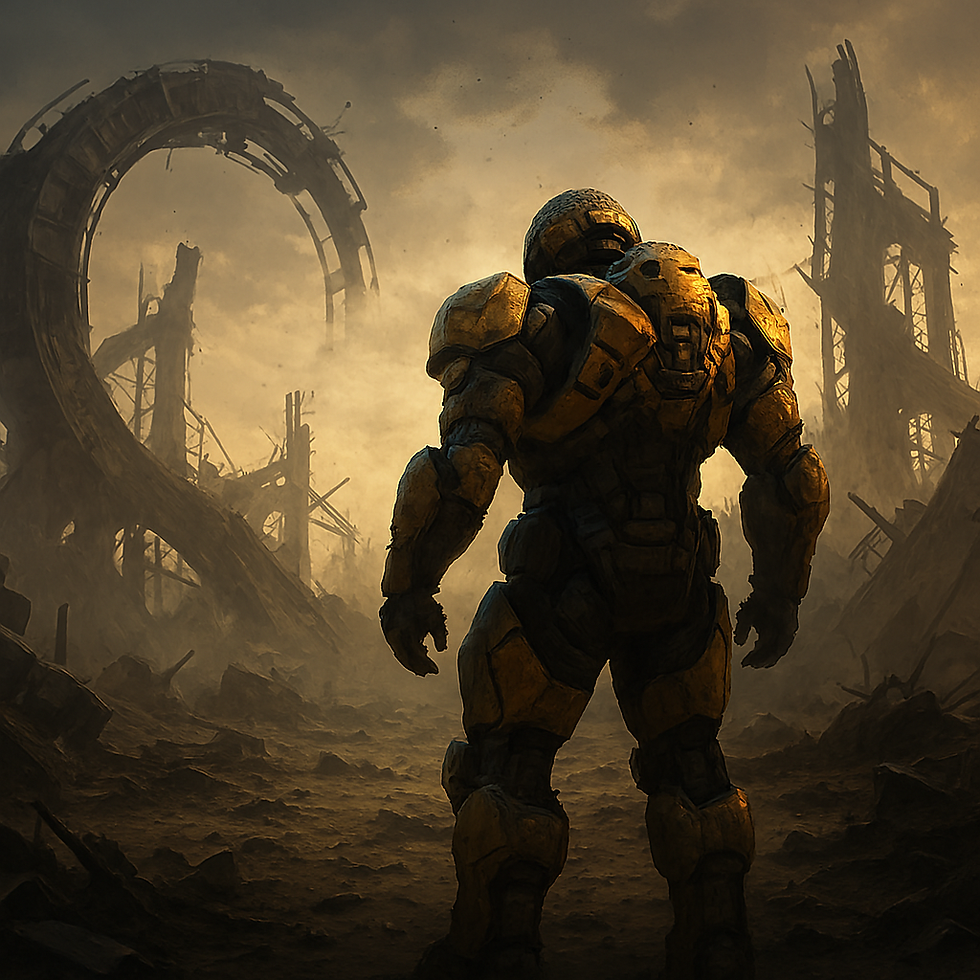Digital Impermanence: What the Shutdown of Anthem Reveals About the Fragility of Online Gaming
- KGK BLOG TEAM

- 1 day ago
- 2 min read
Introduction
The announcement that Anthem will become unplayable following its server shutdown on January 12, 2026, has reignited a critical conversation within the gaming community: What does it mean to own a game in the digital age? As live-service titles continue to dominate the industry, the concept of permanence—once taken for granted in physical media—is now increasingly elusive.

The Case of Anthem: A Cautionary Tale
Launched in 2019 by BioWare and EA, Anthem was envisioned as a bold new frontier in cooperative sci-fi action. Despite its stunning visuals and promising mechanics, the game struggled to deliver meaningful content and suffered from technical instability. After years of dwindling support and the cancellation of its planned overhaul (Anthem NEXT), EA has confirmed the final sunset: servers will go offline permanently, rendering the game entirely inaccessible—even for solo play.
This isn’t just a shutdown. It’s a digital erasure.
The Impact on Players and Communities
For many, Anthem was more than a game—it was a shared space, a creative outlet, and a social hub. The shutdown affects players in several ways:
Loss of Access: All progress, gear, and experiences will vanish. Even physical copies will be rendered useless.
Emotional Fallout: Communities built around the game face dissolution. Long-time players feel abandoned, and new players are left with a product that will soon cease to function.
Consumer Trust: The event raises serious questions about digital ownership. If a purchased game can be revoked without recourse, what protections do players truly have?
Digital Impermanence and the Broader Industry
Anthem is not an isolated case. Other titles—Marvel’s Avengers, The Crew, Battleborn—have faced similar fates. The rise of server-dependent architecture means that games are increasingly vulnerable to corporate decisions, technical obsolescence, and shifting priorities.
This trend challenges traditional notions of preservation. Unlike cartridge-based classics or disc-era titles, many modern games cannot be archived or emulated without server infrastructure. Once the plug is pulled, they’re gone.

What Comes Next?
The gaming community is beginning to push back. Preservationists, developers, and players are advocating for:
Offline Modes: Ensuring games retain basic functionality without servers.
Transparent Sunset Policies: Giving players clear timelines and options.
Legal Frameworks: Exploring consumer rights in digital purchases.
For creators and strategists, this moment offers a chance to reflect. How can we build experiences that endure? How do we balance innovation with sustainability?
Conclusion
The shutdown of Anthem is more than the end of a game—it’s a symbol of a shifting digital landscape. As we embrace new technologies and live-service models, we must also confront the impermanence they introduce. For the gaming community, the challenge is clear: to preserve not just code, but culture.





Comments